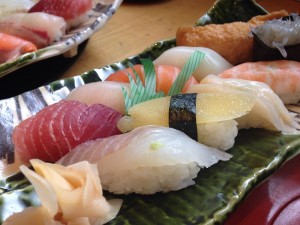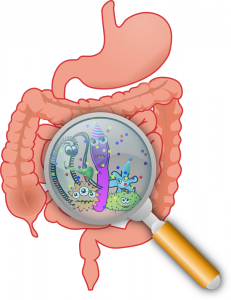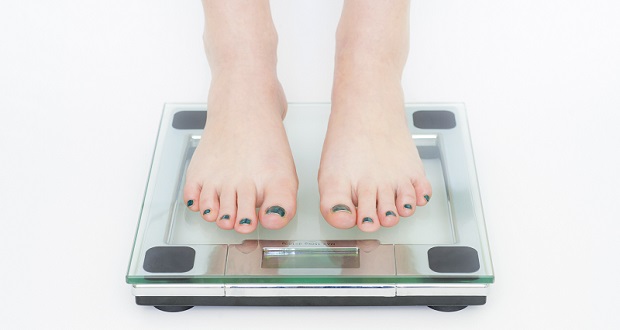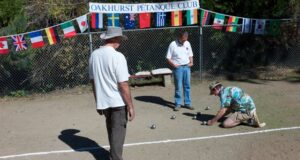The advertising blitz around diets as we approached the New Year was overwhelming. I am inundated with diets, dieting techniques, do-and-don’ts, and lists of foods “you should never eat.” My go-to attitude around food and drink is eat real food, meaning food that doesn’t have a list of ingredients that I cannot pronounce. My experience with commercial diets is they tend to support, and often encourage, the consumption of processed food and rarely take into account the individual nature of our bodies.
I have spent a lot of words and blog space on why processed food is such a bad idea for health. I have also been banging the drum that a calorie is not a calorie; our bodies are unique and respond to food differently depending upon our internal makeup. They rarely thrive under a one-size-fits-all type dieting and that notion now has some weight behind it. The upshot of this research supports the idea that we need to change our thinking about counting calories and offering generic diets to those who need to lose weight, manage blood sugar or control other disease processes.
Cell Journal published work from researchers in Israel showing how two people can eat an identical meal and have very different reactions in how that food impacts their blood sugar.
 These researchers are part of an organization called Personal Nutrition and explain that high blood sugar puts stress on the body in several ways. High blood sugar levels are a risk factor for many complications, such as type II diabetes, heart disease, and stroke. In addition, high blood sugar levels encourage our body to secrete more insulin, and more insulin means more sugar stored as fat, and thus more weight gain.
These researchers are part of an organization called Personal Nutrition and explain that high blood sugar puts stress on the body in several ways. High blood sugar levels are a risk factor for many complications, such as type II diabetes, heart disease, and stroke. In addition, high blood sugar levels encourage our body to secrete more insulin, and more insulin means more sugar stored as fat, and thus more weight gain.
The upshot of their findings is the microbes in our gut vary from person to person. It is this collection and combination of microbes that digest our food and determine how many calories are released for energy. When more calories are released than what is needed in a particular moment, the body stores those calories, mostly as fat. When the body’s insulin system breaks down and doesn’t function properly, then more calories (or glucose) stays in the blood causing inflammation and disease. In this study two people ate the same meal, sushi for instance, and had two very different blood sugar responses, one was impacted very little while the other had a more dramatic increase in blood sugar levels. Two other people ate ice cream with the same result: one participant experienced a very small increase in blood sugar and the other saw a dangerous spike.
 The beauty of this study is not just that it added support to the notion of one-size-fits-all diets being a bad idea for health, but they were able to predict how a particular person should eat for optimal blood sugar levels. The criteria they used to make these predictions included diet, exercise, body chemistry, gut microbe data etcetera, and is a long and complicated list. They crunched this information into a formula to determine what foods would likely increase a person’s blood sugar and which would not. The results of the study were very encouraging and hopefully their formula for making these predictions will be available to the wider medical community in the near future.
The beauty of this study is not just that it added support to the notion of one-size-fits-all diets being a bad idea for health, but they were able to predict how a particular person should eat for optimal blood sugar levels. The criteria they used to make these predictions included diet, exercise, body chemistry, gut microbe data etcetera, and is a long and complicated list. They crunched this information into a formula to determine what foods would likely increase a person’s blood sugar and which would not. The results of the study were very encouraging and hopefully their formula for making these predictions will be available to the wider medical community in the near future.
In the meantime, keep in mind that a good diet is one that is sustainable, not a temporary fix that you do for six or eight weeks. It is one that encourages real food, especially whole fruits and vegetables, contains a lot of fiber (the bugs in your gut love fiber), and discourages the consumption of processed foods. To maintain a healthy blood sugar, eat carbohydrates as part of a snack or meal that combines protein and healthy fats as well. It would seem that soon, we will be able to predict the best combination of food for each individual’s optimal health. Although, before the invention of processed food, we humans didn’t need a scientific formula to know how to eat well.
Tell me what you think about this notion of a calorie is not a calorie; it is changing the science and thinking around diets and nutrition.
Read more of Virginia Eaton’s blog posts here.
Virginia Eaton is the owner of Oakhurst wellness center Class: The Body Pastiche





